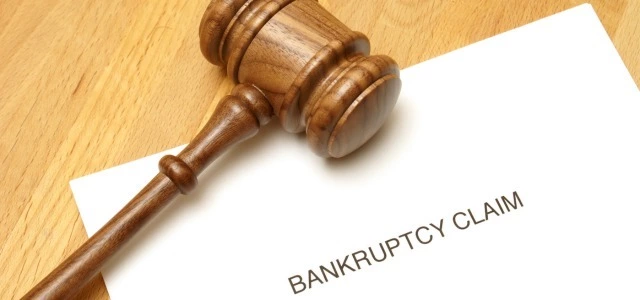
Businesses generally file for bankruptcy because of financial challenges or operational issues. But, while their distressed business dissolves, there could be an opportunity for another business to acquire it through a purchase of its assets.
In this article, Flaster Greenberg’s Philadelphia bankruptcy attorneys take a high-level look at who benefits from purchasing a bankrupt company, or its assets, and the advantages and disadvantages of this type of business transaction.
Initially, it is important to note that the bankruptcy process can be complex if you’re considering a purchase of a bankrupt company or its assets, so you may want to consider engaging the services of bankruptcy attorney who has experience in these types of transactions to ensure the process goes smoothly.
Who May Benefit from Bankruptcy Sales
A distressed company may have valuable assets which cannot be unlocked due to a liquidity crisis, and they may thus be forced to sell in a bankruptcy sale or auction. This may give rise to a unique opportunity. Business professionals such as investors, creditors, and other strategic buyers may benefit by purchasing those assets as a calculated business venture.
What is Section 363 Bankruptcy Sale?
Section 363 of the Bankruptcy Code is the most powerful and important tool in a bankruptcy professional’s arsenal as it’s designed to maximize the value of an estate for the benefit of all stakeholders.
Section 363 authorizes a company in bankruptcy, after notice and a hearing, to sell the debtor’s property outside of the ordinary course of business. It is usually a public process, governed by specific bidding procedures and culminates in an auction. The winning bid is selected after the auction and the debtor seeks bankruptcy court approval of the sale transaction.
The Court approves the sale, considering a number of factors including whether the amount paid was fair and reasonable and whether all parties acted in good faith and free of any collusion. The bankruptcy court order also provides finality and helps fend off any post-closing challenges.
A private Section 363 Sale is less common but is permitted where the assets are de minimis in value or the facts and circumstances do not warrant a robust sale process. In this situation, a debtor will need to demonstrate, through evidence, that a public process is not reasonably likely to generate more value to the bankruptcy estate.
Benefits of Purchasing Assets through Section 363 Bankruptcy Sale
When purchasing the assets of a bankrupt company, a Section 363 sale is generally the best option for buyer and seller. It is an effective and efficient way to buy a company (or its assets) outside of its reorganization plan.
There are many advantages to this type of transaction. First, asset sales are free and clear of all liens, claims and encumbrances, if the deal meets certain conditions specified in Section 363 of the Bankruptcy Code.
Another benefit of purchasing assets through a Section 363 Sale is that a bidder (or buyer) can choose whichever assets it would like to purchase since these sales usually involve an auction. The bidder has far more latitude than they would otherwise have outside of the Section 363 process.
The Section 363 Sale process also provides the buyer with the ability and opportunity to acquire favorable contracts, licenses, leases, or other agreements, while rejecting those that are not favorable. This streamlines the process, along with the debtor-seller not needing to obtain shareholder approval to sell all or most of its assets.
The filing of the motion and bankruptcy court approval is all that is needed.
Disadvantages of Purchasing Assets through Section 363 Bankruptcy Sale
There are a few disadvantages of purchasing business assets through a Section 363 bankruptcy sale. First, the winning bidder will almost always be required to purchase assets on an as-is basis, therefore typically the buyer must perform all due diligence on the assets and agreements prior to submitting a bid.
Another disadvantage is that the seller usually provides little to no support or services to ease the buyer’s transition, to aid in restructuring, or to ensure business continuity. In addition, the timeframe for bidding procedures and due diligence is usually limited.
Finally, a Section 363 Sale is typically a public process, thereby inviting competition and publicity.
Next Steps
If you have questions about whether initiating a bankruptcy for your business makes sense, or whether purchasing assets in a bankruptcy sale would be beneficial, please contact Bill Burnett, Harry Giacometti or one of the other attorneys in our bankruptcy and restructuring department with your questions and to learn more.
- Shareholder
Harry J. Giacometti is Chair of Flaster Greenberg’s Bankruptcy, Financial Restructuring and Risk Management Department and a member of the firm's Board of Directors. His practice is focused on bankruptcy matters and commercial ...
- Shareholder
William J. Burnett concentrates his practice in bankruptcy, reorganizations, and workouts. Bill currently serves as the firm’s Ethics Attorney. He is a former board member and is past chair of the Bankruptcy, Financial ...



